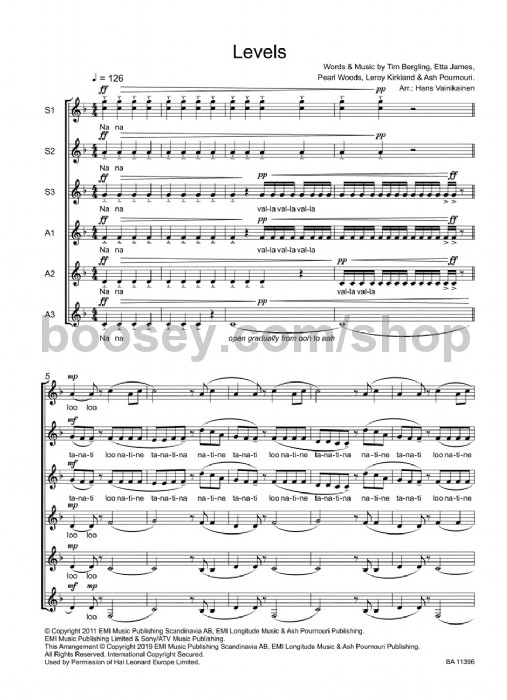


The speed and suddenness of Avicii’s ascent – he got his first deal in 2007 aged 17 – led him to develop an alcohol dependency. He also modelled for the fashion designer Ralph Lauren. Musicians flocked to work with him he recorded with artists as disparate as Wyclef Jean, Robbie Williams, ABBA members Björn Ulvaeus and Benny Andersson, Rita Ora and Billie Joe Armstrong of Green Day. He was nominated twice for Grammy awards, the first in 2012 for a collaboration with fellow DJ David Guetta titled Sunshine, and the following year for his first mainstream hit Levels. It’s important to believe in what you do.” Both of Avicii’s studio albums, True (2013) and Stories (2015) charted worldwide, and his songs have been streamed more than 11bn times on the music platform Spotify. He said: “I knew it was going to be controversial at the time, but the audience have really come around.

His biggest single was 2013’s Wake Me Up, a song with folk music elements that alienated some of his audience on its live debut but topped the charts in the UK and across Europe. Despite his antipathy to public exposure, Avicii, who has died suddenly aged 28 in Oman, spearheaded an EDM revolution that earned him nightly fees estimated at $250,000 or higher in 2015, Forbes estimated his annual earnings at $19m. “I love what I do, but I’ve never liked being recognised or being in the spotlight,” he said, after years of relentless scrutiny from the media and the thousands of electronic dance music (EDM) fans for whom he performed up to 250 shows a year. The Swedish DJ Tim Bergling, who recorded and performed as Avicii, was the quintessential shy superstar, a man who disliked the attention that global fame brought him but who also inhabited a world of huge wealth and extroversion.


 0 kommentar(er)
0 kommentar(er)
